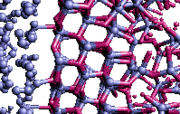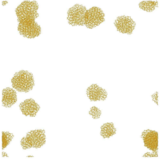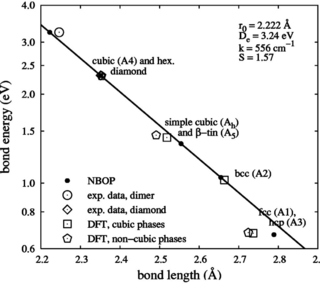Deep Learning for Acceleration of Plasmonic Hydrogen Sensors
V. Martvall
Licentiate Thesis
(2025)
url: https://research.chalmers.se/publication/546646
Hydrogen-based technologies have the potential to play an important role in reducing greenhouse gas emissions and supporting a more sustainable future. A key challenge for implementing such technologies is the high flammability of hydrogen-air mixtures, which demands fast and reliable hydrogen sensors. Existing sensing solutions, however, fail to meet the required performance targets for response time, accuracy, and sensitivity under technically relevant conditions. Plasmonic hydrogen sensors, which rely on the change in optical properties of Pd-based nanoparticles as they spontaneously absorb and desorb hydrogen in ambient conditions, have demonstrated fast detection capabilities in vacuum. In practical operating conditions, however, the presence of other gases can alter the surface chemistry of the sensors, increasing response time and reducing their sensitivity and accuracy.
In this thesis, I develop an approach for accelerating plasmonic hydrogen sensors using deep learning. I show that by learning the relationship between the temporal evolution of the optical response and the hydrogen concentration, it is possible to speed up the response time of a plasmonic sensor and more quickly discern and quantify small changes in the hydrogen concentration. I also explore the use of deep learning for accelerating inverse design of plasmonic hydrogen sensors, optimizing nanoparticle composition and arrangement to enhance sensitivity.



